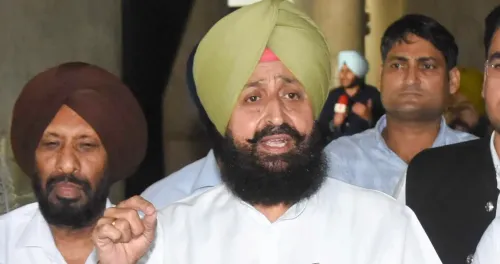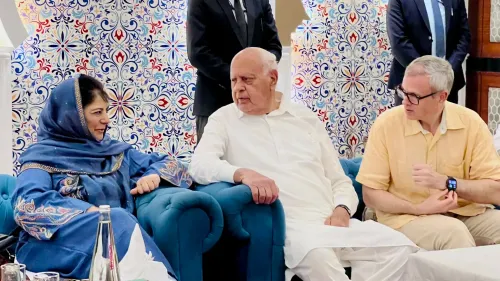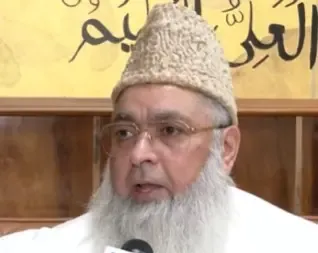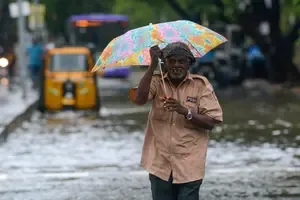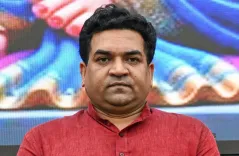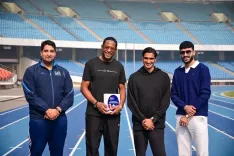Was the law debated for 13 hours in Parliament? JPC Chairman Pal defends Waqf Act amid SC hearing
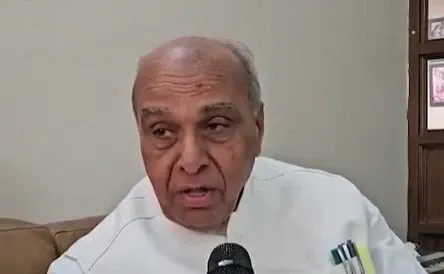
Synopsis
Key Takeaways
- Thorough parliamentary debate on the Waqf Amendment Act.
- Judicial review is essential in a democratic context.
- Criticism of political motives behind legal challenges.
- Concerns about the timely response of leaders to civic unrest.
- Importance of upholding laws passed by democratic processes.
New Delhi, May 5 (NationPress) As the Supreme Court initiates hearings on over 70 petitions contesting the constitutional validity of the Waqf (Amendment) Act, 2025, JPC Chairman and BJP MP Jagdambika Pal has stepped up to defend the legislation. He described it as a result of extensive parliamentary examination and accused detractors of jeopardizing democratic principles.
In an interview with IANS, Pal remarked, “The Supreme Court is currently reviewing the law concerning the Waqf Amendment Act, which was enacted after thorough discussions in both the Lok Sabha and Rajya Sabha, spanning 13 hours, and received President's approval. Despite this, the issue has been escalated to the Supreme Court, with 75 petitions contesting it. This reflects the ongoing discourse, with several representatives from various parties raising concerns.”
He highlighted that while judicial review is a recognized constitutional right, attempts to challenge the legitimacy of a law that underwent such comprehensive deliberation are politically driven.
Pal's remarks coincide with the Centre's preparations to submit its formal response to the court, as directed by the Bench led by Chief Justice Sanjiv Khanna.
Shifting his focus to West Bengal, Pal criticized Chief Minister Mamata Banerjee for her visit to Murshidabad, a region recently plagued by violent protests against the Waqf Act.
“It was already too late when the violence erupted, yet she remained silent. She didn’t engage with the clerics in Kolkata. During the turmoil, the police were mere bystanders as families lost their loved ones,” he claimed.
He further accused CM Banerjee of neglecting affected citizens during the crisis.
“Numerous Hindus fled from Murshidabad to Malda seeking safety. She failed to assist them in returning. And now, after the rioters have wreaked havoc and destruction, she has chosen to visit,” Pal questioned the timing of her arrival.

